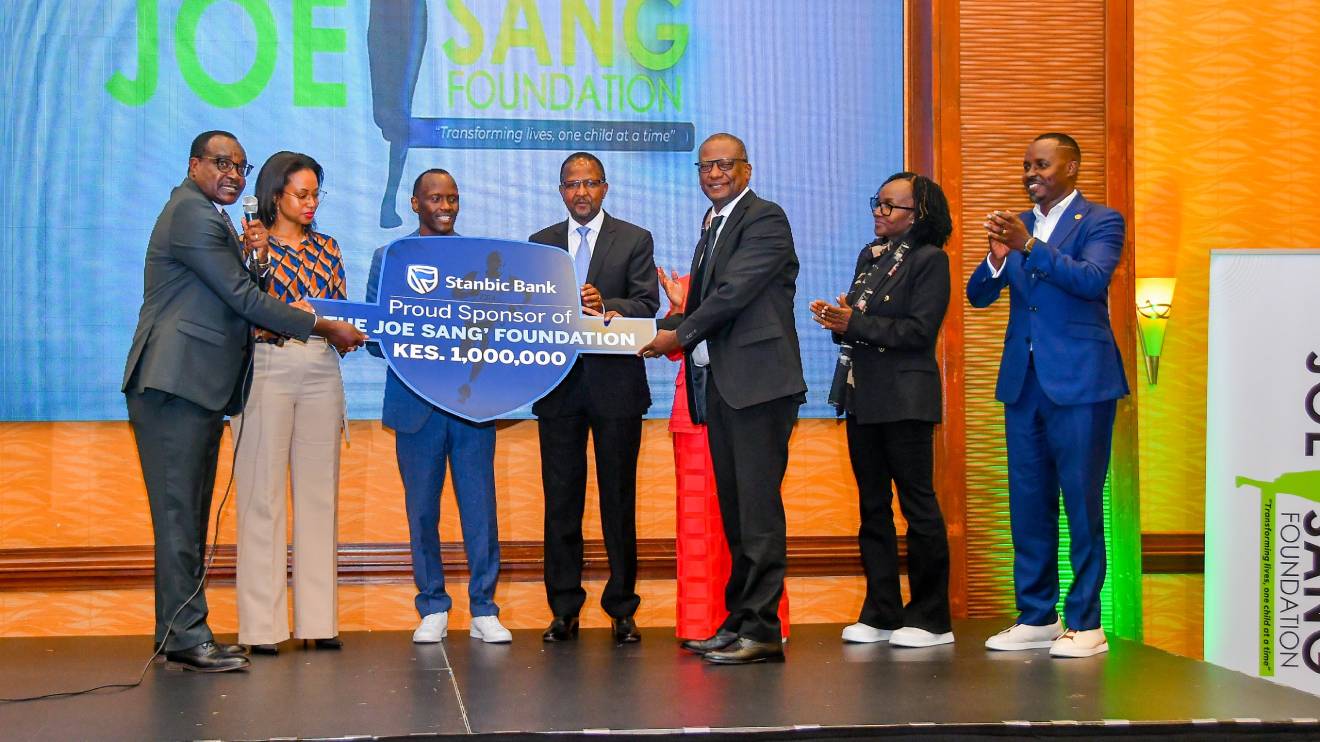POSITION STATEMENT
STATEMENT ON KENYA AIRWAYS OWNERSHIP AND BUSINESS TRANSACTIONS
Kenya Airways (KQ) would like to clarify and correct comments that have recently appeared in the media regarding its ownership and some of the business decisions made in the past.
To explain KQ's financial performance in the last 20 years, individuals have made public statements and comments that are outrightly incorrect. In this statement, we would like to respond to some of the points raised.
Read More
1. What is the source of KQ’s financial difficulty?
It is important to point out the genesis of KQ’s financial difficulty.
• In 2011, KQ grew its revenues to US$1.077 billion from US$320 million in 2002. To sustain this performance and place KQ on an accelerated growth trajectory, an ambitious strategic 10-year network and fleet plan known as Project Mawingu, was conceived in 2009. This project was to see the airline enlarge its footprint by increasing its destinations from 53 to 115.
• The project was estimated to cost US$3Bn to be funded primarily through debt. Project Mawingu and its related long-term commitments were premised on certain economic and key market assumptions.
This included amongst others:
• An increase in industry profitability especially following the recovery from the economic recession in 2008-2009.
• A projected rise in global GDP growth where two thirds of global growth was to come from emerging economies.
• A forecasted economic growth rate of 5.3% by 2011, the highest outside of Asia.
• An increase in the Sub-Saharan population and more specifically the East African population to about 228 million people in East Africa by 2030.
• The overall market context, however, changed significantly after 2012, with downturns in traditional tourist sources for the Kenyan market, adverse terrorism advisories on Kenya (2013), JKIA fire (2013) cost of new fleet, the Ebola pandemic in Western Africa (2014) and skewed competition from Middle East carriers that seriously eroded KQ’s competitive advantage.
• The above adverse circumstances precluded Project Mawingu’s objective of dominance in the African aviation market from being attained. Consequently, KQ revenues dipped and the airline struggled to meet its payment obligations, especially loans and other long- term obligations.
• This situation was exacerbated by the COVID 19 pandemic that saw most airlines grounded, eventually receiving financial support from governments to drive business recovery and growth during and post the pandemic.
• The Government of Kenya, committed to and gave financial support to Kenya Airways to help strengthen cash flows and to speed up much needed reforms in the airline, including the network, fleet, and operations.
• The Government's financial support is contingent on Kenya Airways adhering to agreed reforms including permanent cost reduction measures, increased productivity and improved operational efficiencies. It is also conditional on the support of all stakeholders, including employees, suppliers, capital providers, aircraft financiers, and employees.
2. KQ Ownership
KQ is a publicly listed company with the Government of Kenya (GoK) as the majority shareholder. The financial restructuring of November 2022 introduced the current shareholding structure below:
No. Shareholder Current Structure
1 Government of Kenya - 48.9%
2 KQ Lenders 2017 Ltd - 38.1%
3 KLM - 7.8%
4 Minority Shareholders - 2.8%
5 ESOP (Employee Share Ownership Plan) - 2.4%
- KQ Lenders (2017) Ltd. is a company established by a consortium of Kenyan banks. The consortium as of FY2017 was made up of 10 local banks namely: Equity Bank, KCB, Cooperative Bank, NBK, DTB, SBM, CBA, NIC, I&M Bank and Ecobank. They acquired this ownership through the conversion of their loans into equity in support of the restructuring plan of 2017.
- Minority shareholders (2.8% of all shares) consist of approx. 75,000 individuals who obtained their shares via the Nairobi Securities Exchange. KQ shares remain suspended at the Nairobi Securities Exchange.
3. Tsavo and Samburu
There have been allegations that KQ is owned by other entities, namely, Tsavo and ‘Serengeti’. We have no idea what Serengeti refers to. We suggest that the reference probably means Samburu. Different individuals have made this statement multiple times, but there is no modicum of truth. Below are the facts:
• In 2010, KQ sought a financing facility to facilitate the acquisition of 6 Boeing 787 Dreamliners, 1 Boeing 777-300ER and 1 GEnx spare engine. As a result, a Special Purpose Vehicle (SPV), Tsavo Aircraft Financing LLC, was incorporated by the financiers JP Morgan Chase Bank, Citibank NA, and Afreximbank.
• KQ also sought another facility to acquire ten (10) Embraer E190 aircrafts. Samburu Limited, another SPV, was incorporated to borrow the funds from a syndicate headed by Standard Chartered Bank to acquire the Ten (10) Embraer E190 aircrafts. Other partners in the syndicate included China Development Bank, Trade Development Bank, Nedbank Int’l Ltd and Afrexim Bank.
Therefore, we wish to state as follows:
• Tsavo and Samburu are the names given for the 2 aircraft leasing contracts that facilitated the acquisition of part of the KQ fleet. Leasing contracts for aircraft are purely commercial business arrangements entered into by airlines and lessors worldwide.
The parties involved in the transactions, that include the financier, the aircraft owner/manufacturer and the airline, agree on a name to identify the leasing contract. This is how the names Samburu and Tsavo came about.
• Why use a Special Purpose Vehicle (SPV)?
SPVs are a well-established trend in aviation, and in KQ, they date back to 1996. The setting up of such SPVs is standard airline industry practice, as evidenced in relevant IATA aircraft financing literature. It is also standard practice for large asset financing, particularly in aviation and marine operations. KQ fully and transparently discloses the details of these SPVs in its Annual Reports.
• Most lenders adopt this finance structure in aircraft purchase transactions globally to minimize the risks associated with ownership and operation of aircraft during loan repayment periods. The SPV holds the aircraft title for the term of the loan and will only pass to the airline upon the full repayment of the loan.
4. KQ leasing costs:
Generally, the costs are within the prevailing market rates at the time of negotiating the transactions. Rates depend on several factors, some of which include negotiating power, economies of scale and timing. Typically, an airline leasing more aircraft is likely to enjoy more competitive rate offers than those leasing a smaller fleet. Similarly newer aircraft will attract higher lease costs as will the duration of the lease. Other factors that could attract lower rates are during low aircraft demand times, like during the COVID 19 pandemic.
KQ Board and Management have been engaging with the lessors to reduce the overall costs of our aircraft lease rentals. We have made significant progress and have arrived at substantially reduced rates. So far, we have realized a cash flow saving of 22% of aircraft lease rentals. This reduction will provide much-needed relief to KQ as part of a turnaround strategy.
5. Selling of the London Heathrow Slot
Regarding the selling of London Heathrow slot in 2016, we would like to state as follows: The slot was sold to optimize the network by reducing aircraft ground time at Heathrow Airport. Slots at Heathrow have commercial value and hence KQ monetized the slot and
negotiated for a better slot that allows KQ to land and take-off within the shortest ground time. We are currently flying 10 times weekly to London. A slot is an authorization to land and take off at a particular airport during a specified day and period. This was a purely business decision which was done through a transparent process.
6. Accusations of impropriety
There have been accusations made of “unscrupulous senior officials deliberately bringing the airline to its knees” for some unstated personal benefit through State bailouts. These are serious allegations made without an iota of proof of when and where this occurred. This undermines the efforts made by all KQ employees, management, and the Board to turnaround the airline and who made serious personal sacrifices (including taking significant reductions in salaries) during the Covid period and who continue to work towards bringing the airline back to profitability. It would be in the interest of everyone if these accusations are made credible by naming the individuals, places, and dates.
7. Employee recruitment
On comments regarding the recruitment of employees, we would like to state as follows: KQ is a global company with operations in 4 continents, therefore the employee profile cuts across geographical boundaries. Chapter 3 of our Human Resource Manual provides the Resourcing and Placement Policy. The vacant positions are advertised internally and externally, and qualified candidates are invited to apply for consideration. They then go through a competitive selection process.
We want to reiterate that KQ business transactions are fully transparent. All lessors and financiers are international reputable companies and to refer to them in any other way erodes the confidence of these entities, who have partnered with KQ for many years.
The Kenya Airways Board and Management would like to express its gratitude to the Government of Kenya for its continued support and takes this opportunity to reassure the public, shareholders, and the government of its commitment to turn around the airline by 2024.
Michael Joseph
Chairman, Kenya Airways Plc
09th May 2023
Mr Speaker,I want to tell this house who actually owns KQ,"Kisii Senator Richard Onyonka pic.twitter.com/kQN2P5VVds
— Senate of Kenya (@Senate_KE) May 2, 2023

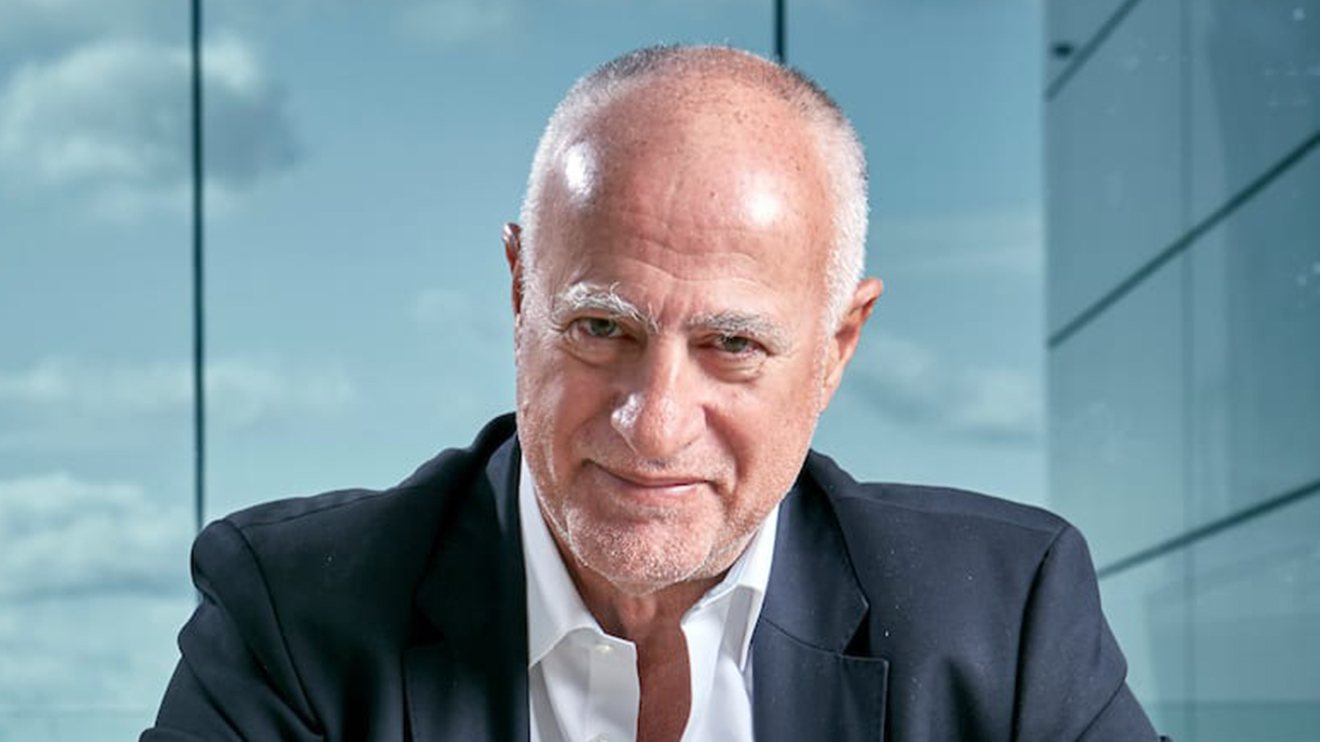


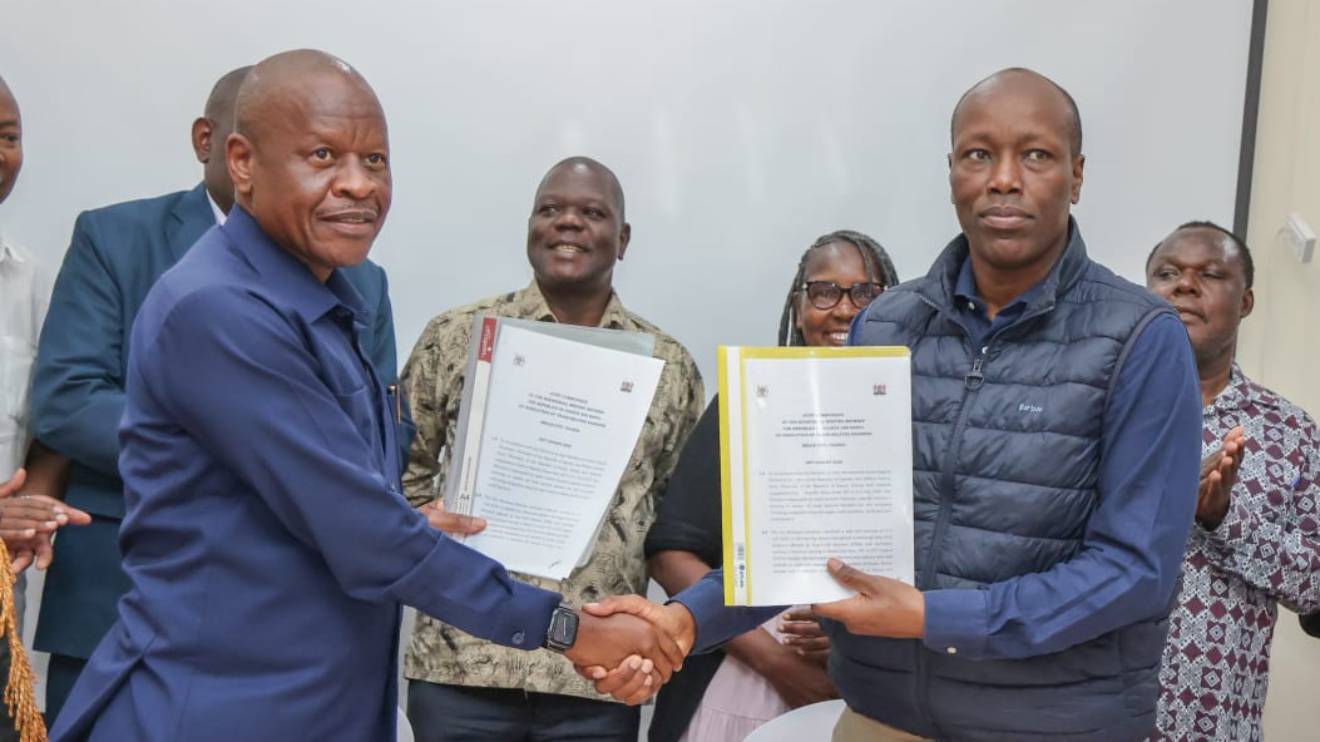
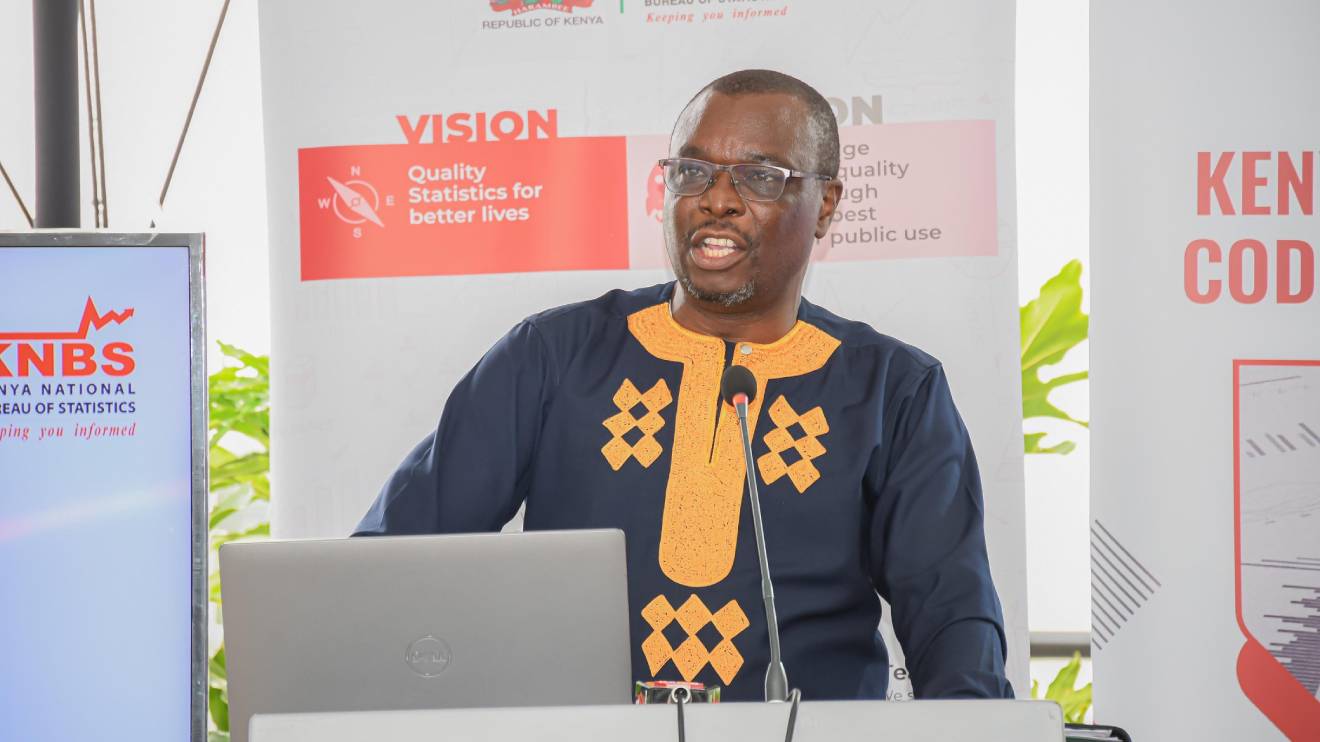
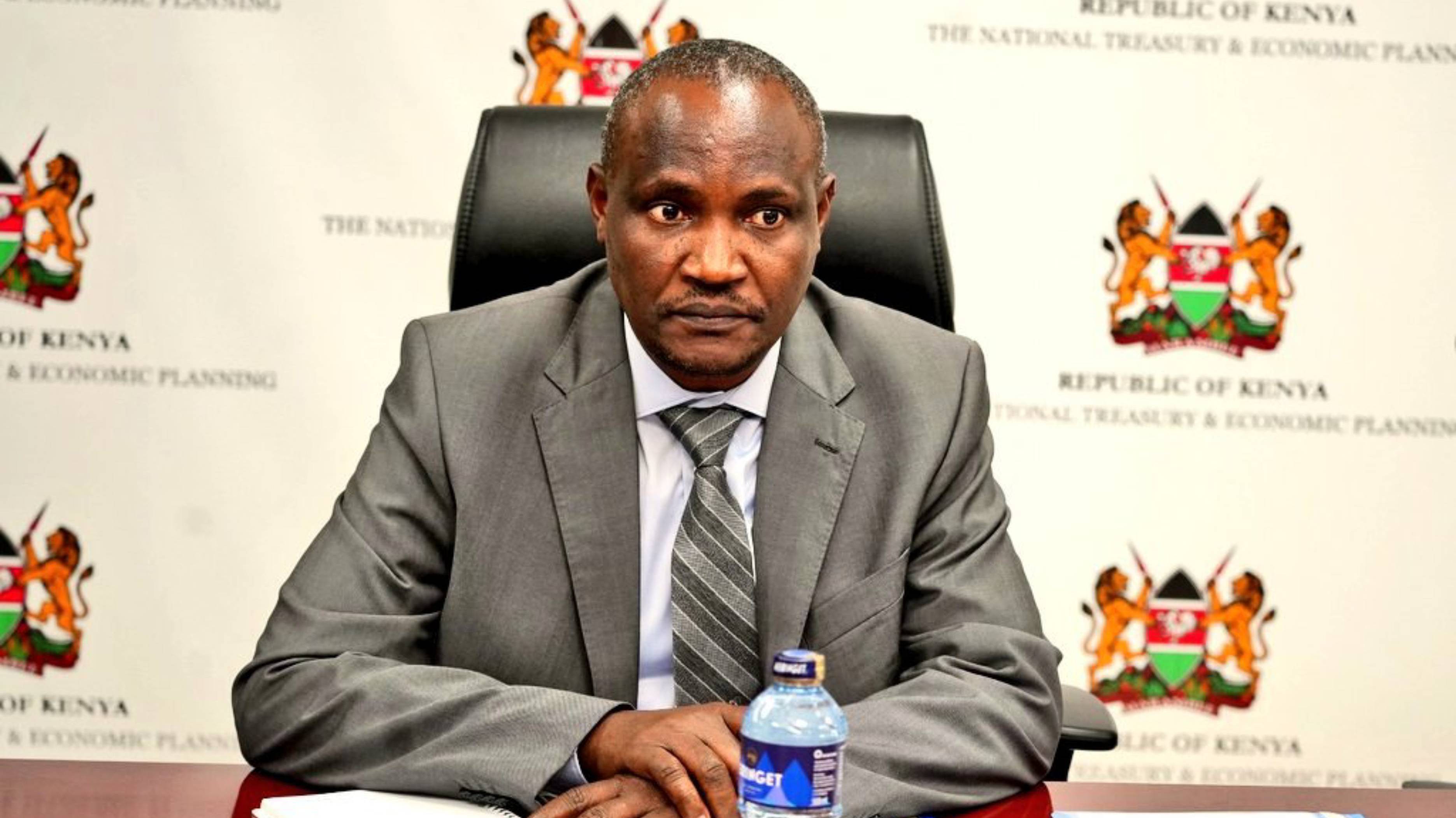
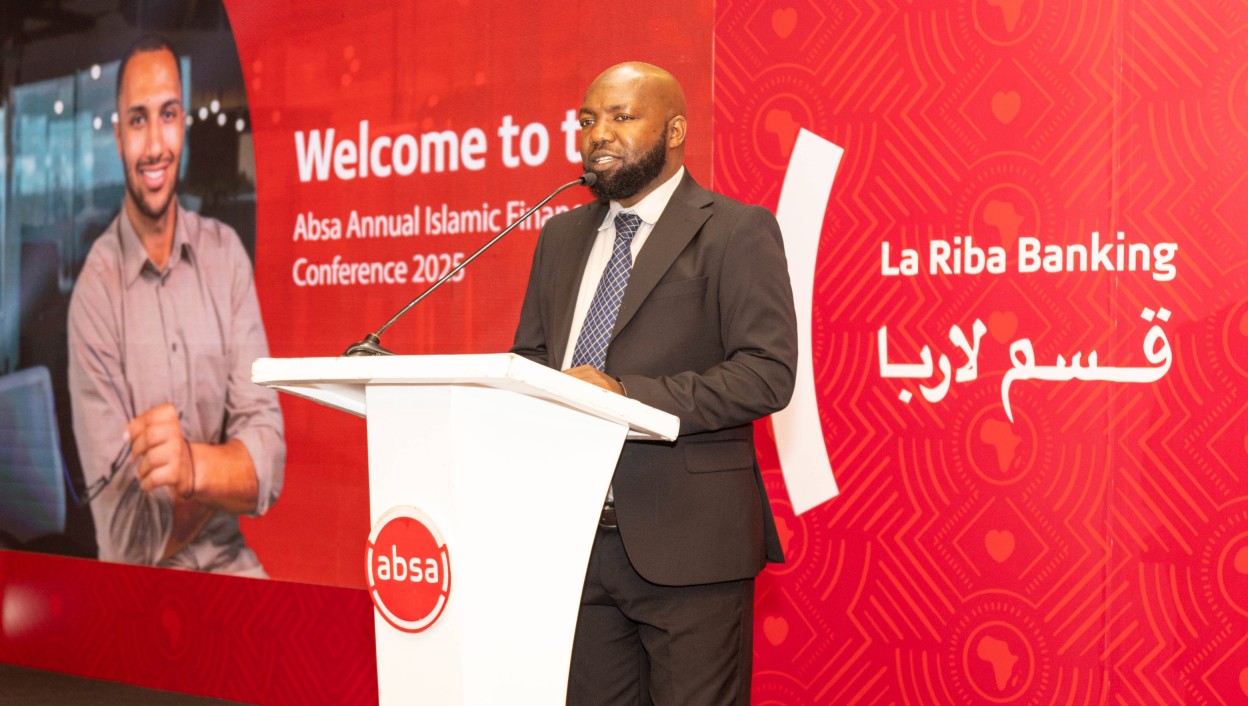
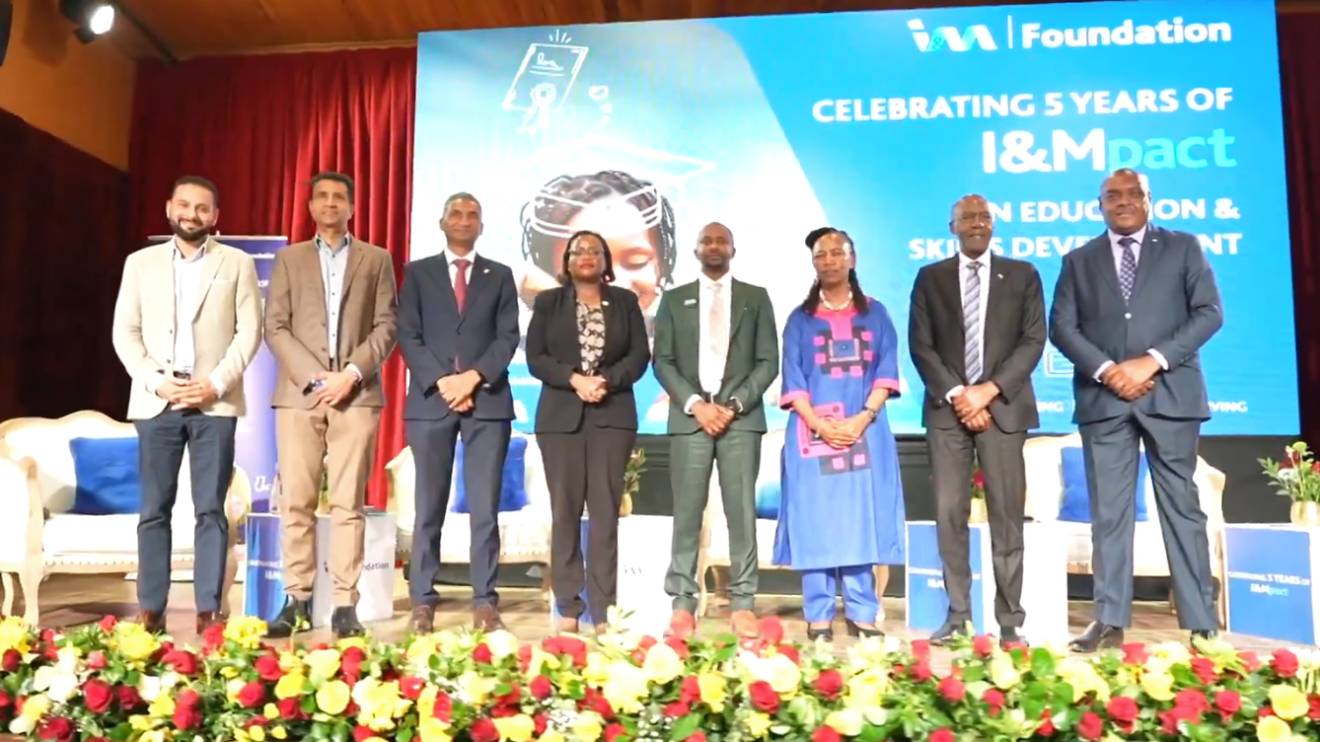
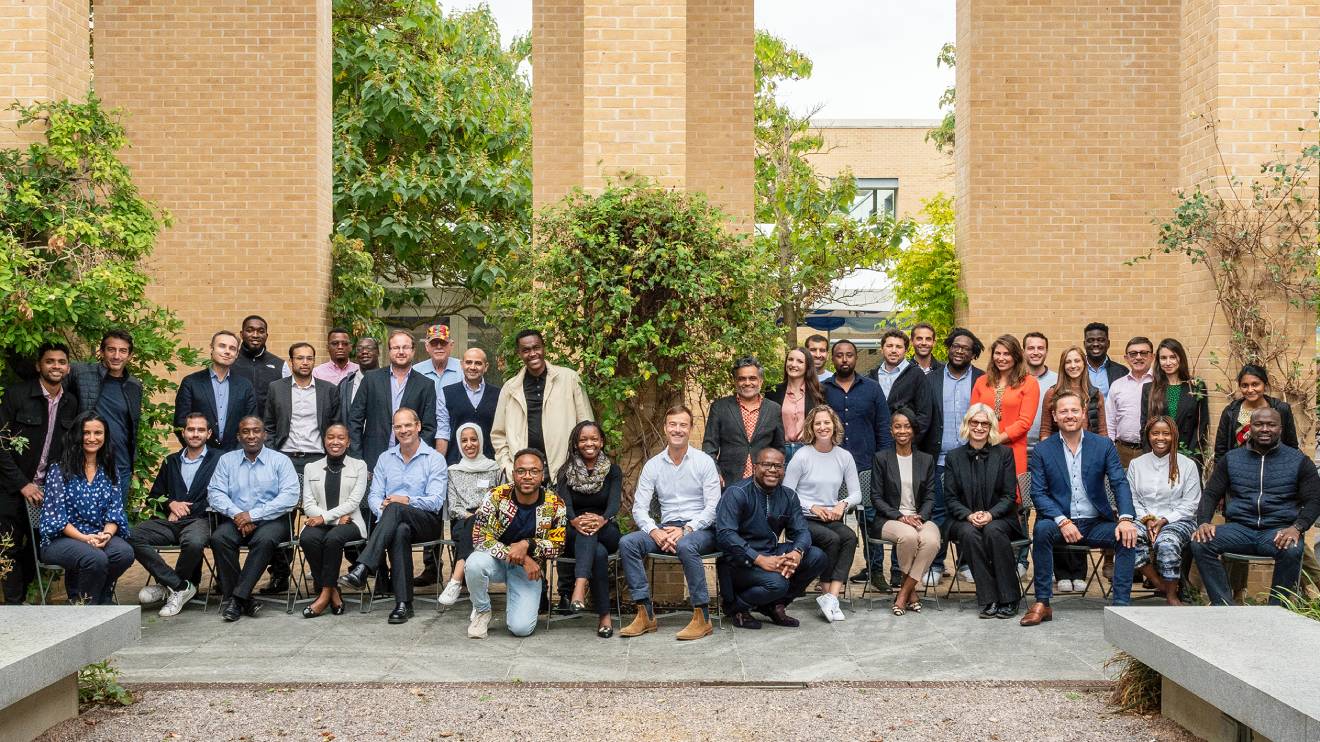
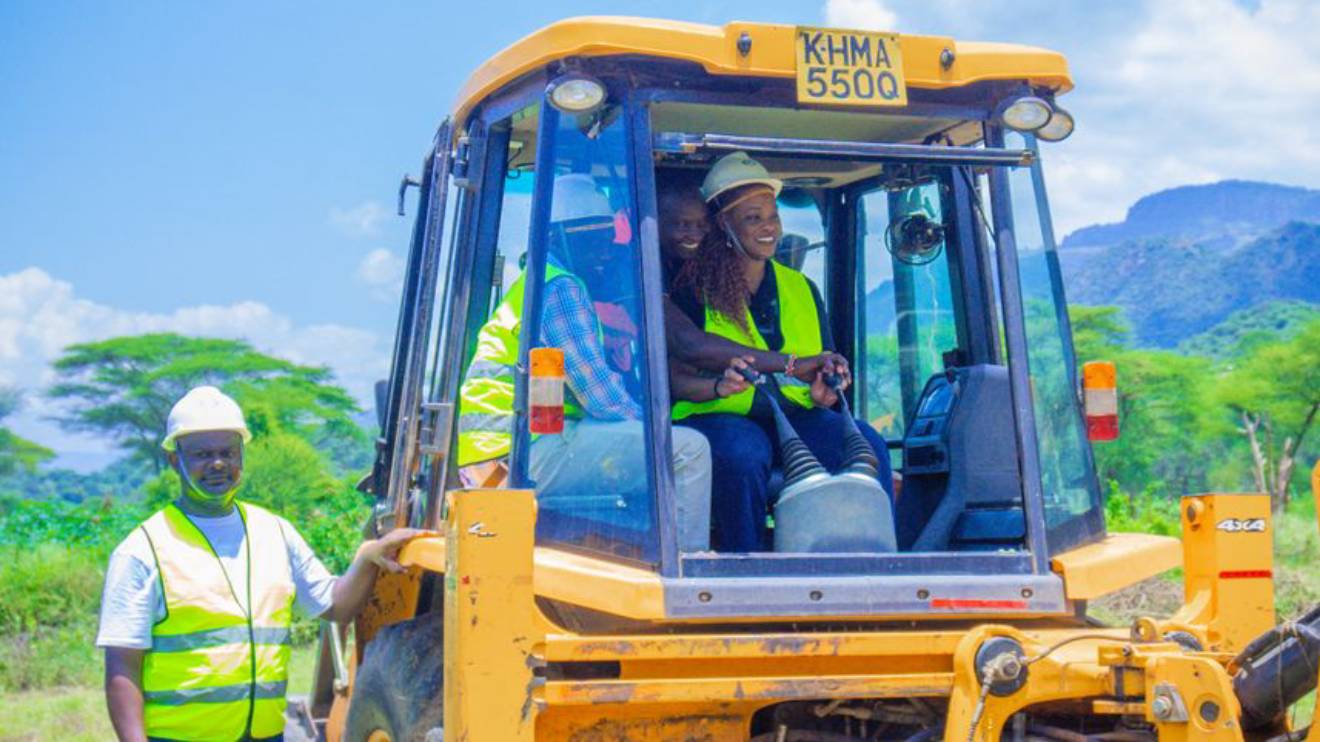
-1756807229.jpeg)
